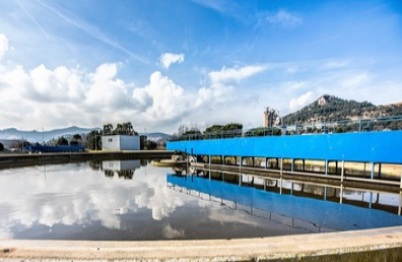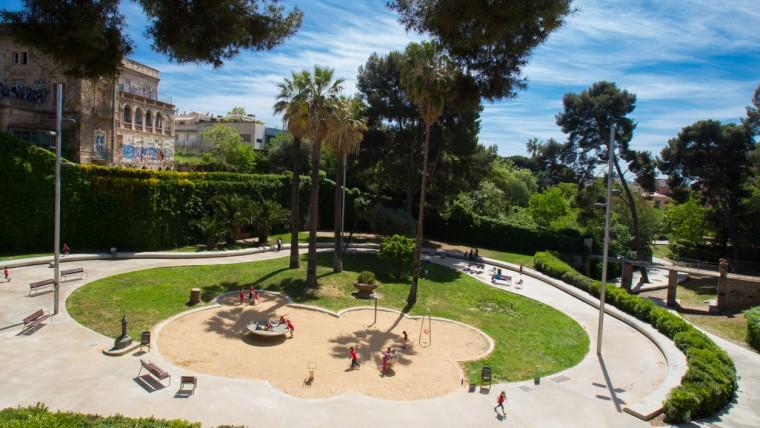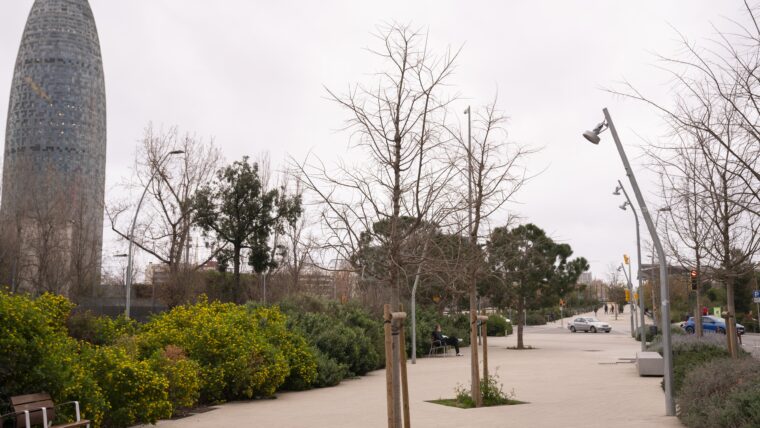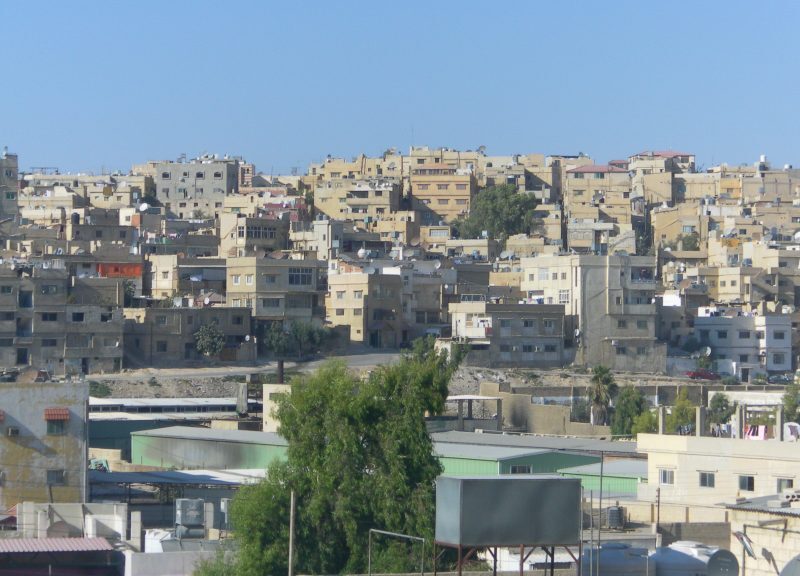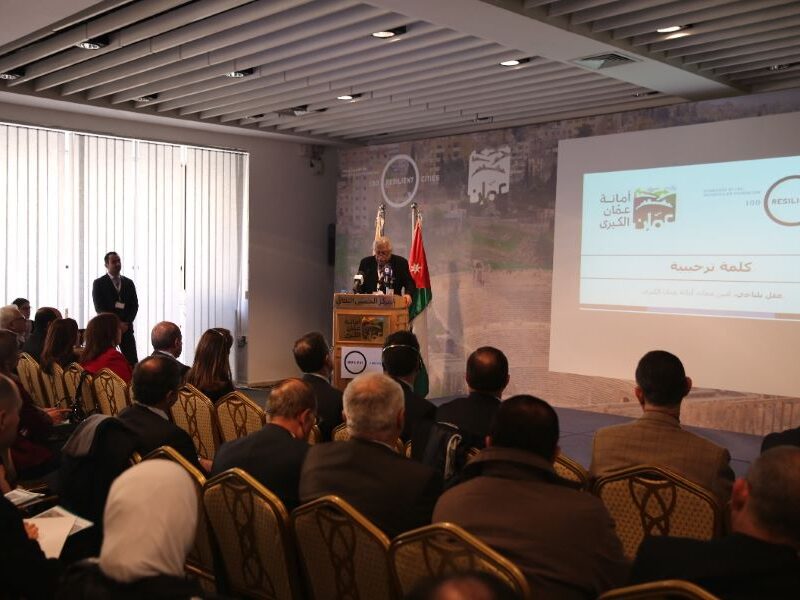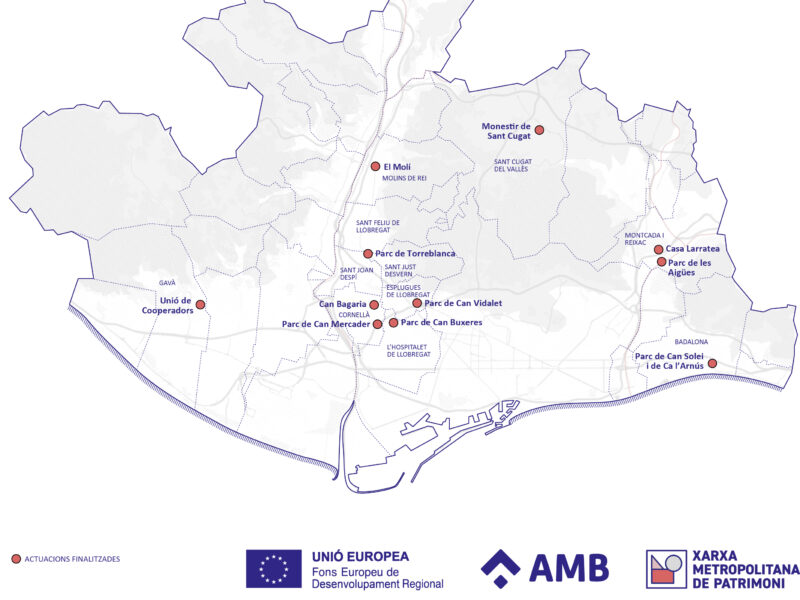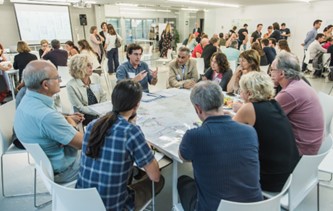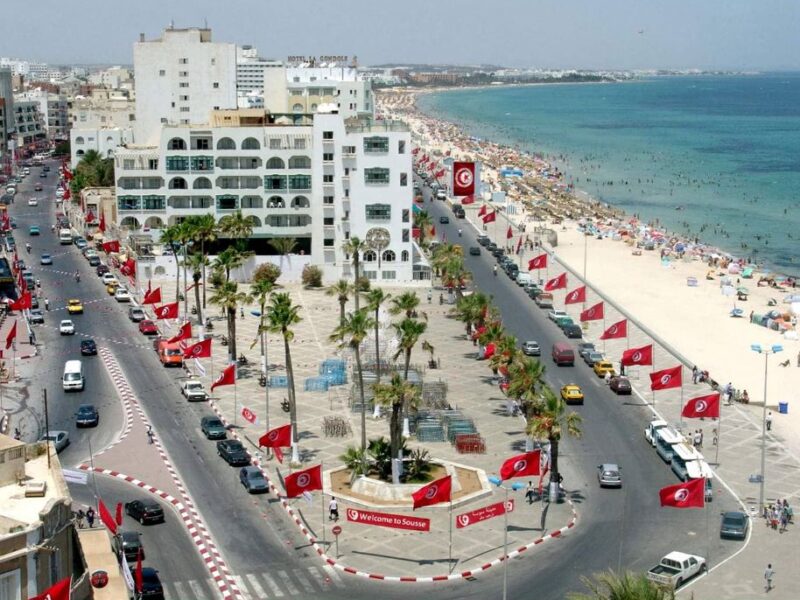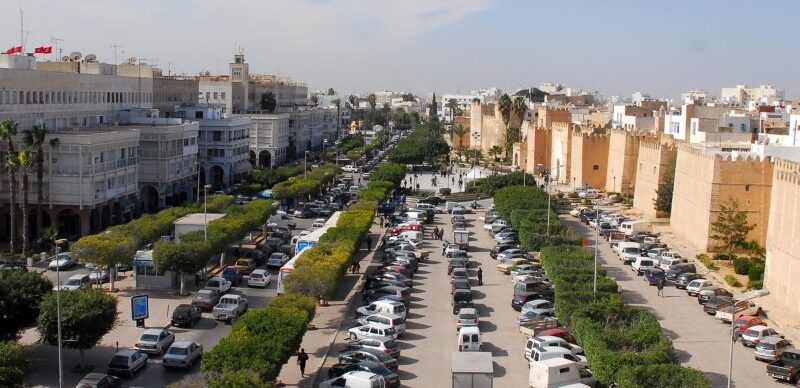URBAN PLANNING
Urban Planning 4 Citizens in Dubrovnik

Dubrovnik is implementing a project entitled “Urban planning 4 citizens” funded by the European Union to strengthen the role of civil society organizations in transparency and good governance, led by the Croatian government but developed by the ONG of DESA. During 12 months the team of the project informed the public and CSO’s about the role and importance of regional plans, enable civil society organizations to work with new technologies etc. in order to develop spatial plans.
The main leader of the project is DESA – Dubrovnik. The project partners are the Institute for GIS – Zagreb, Dubrovnik – Department of Urban Planning, Spatial Planning and Environment, Municipality of Jakovlje and CEKTRA Institute from Maribor, the Institute for Spatial Planning of DNC and Eurogi – the European Association of GIS associations (European Umbrella Organization for Geographic Information).
Tags: Strategic Planning, Citizen Participation, Public-Private Partnerships, Spatial Planning
Challenges addressed
- Insufficient communication and cooperation between public and civil sector and citizens
- Lack of knowledge of new technologies
- Lack of information between unities (local, national, public, private)
Main objectives
- Contribute to strengthening dialogue and participatory democracy among civil society organizations, the public and local governments in the preparation and development of spatial plans
- To raise public awareness by improving the availability and understanding of spatial planning, with the help of new technologies
- To build a dialogue of CSOs and local government, by fostering the principles of transparency and good governance in the field of spatial planning
- Inform about the role and importance of spatial plans and the GIS technology to CSOs, public authorities and the public in general
- Increased capacities of CSOs for work with new technologies
- Established improved communication of CSOs, the public and units of local government in the process of making spatial planning
Facts
Project type Social Partnership
Promoter Municipality of Dubrovnik
Start date 2014 – 2015
Budget 83.151,54 € for two cities
Website www.up4c.eu
Project description
Dubrovnik is not a large city, it has 52.625 inhabitants, but as in every city and country exists the problem of insufficient communication and cooperation between public and civil sector, and between the public sector and citizens, this project aims to improve communication on the issues of current problems – spatial planning.
The document of spatial planning has been determined as an optimal distribution of people, goods and services at the territory for their best use. They have been made on the basis of various indicators and information related to a certain level of administrative units. Geographic Information System (GIS) as a set of data, technologies and theories, that places all information on the spatial component in the unique context and creates a mutually causal relationship between the objects and phenomena in space, is the best tool to manage data for spatial planning. Not only that it facilitates decision-making processes in the processes of working out spatial plans, but it can also be used for the purpose of ensuring public access, in a very clear way.
Public participation is a fundamental principle of sustainable development, and it is necessary in order to reconcile the demands of economic development with environmental protection and social requirements for the purpose of making a decision acceptable to all sides.
The main outcome of the project urban planning portal is an interactive and educational GIS portal that enable better communication between local authorities, civil society organizations and citizens in spatial planning.
Impact and results
- ~700 beneficiaries
- 1 year project
- Public and private participation and engagement
- Technical innovation
- Global process of participation
- Strategic planning
- New methodologies and new technologies



